Tuesday, May 14, 2024
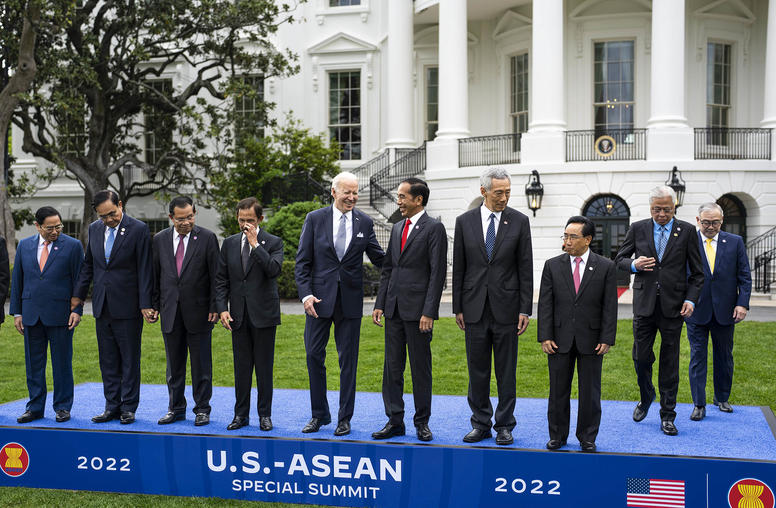
How Can Peacebuilding Organizations Help Regional Institutions?
This year’s U.N. General Assembly came amid a host of interconnected global challenges, like the war in Ukraine, global food insecurity and climate change. Indeed, the theme of the General Assembly was to find “transformative solutions to interlocking challenges.” As the world’s premier multilateral body, the United Nations’ recognition of the interconnected nature of today’s vexing challenges is vital to building consensus and devising solutions. But regional multilateral bodies — like the African Union (AU) or the Association of Southeast Asian Nations (ASEAN) — also have a key role to play. Despite regional organizations’ shortcomings, their member countries are bound together by geography and similar challenges and therefore more likely to find more common ground than the 193 countries in the United Nations.

Ask the Experts: What Drives Haiti’s Fragility?
While governance and economic issues have long plagued the country, Haiti’s instability has only accelerated since the assassination of President Jovenel Moïse in July 2021. Today, Haiti is experiencing a full-scale humanitarian crisis, with nearly half the population not having enough to eat. The U.N. has called for rapid action, and the United States has included Haiti in its list of priority countries under the Global Fragility Act. USIP’s Andrew Cheatham spoke with several Haiti experts about the structural and security challenges Haiti faces and possible solutions going forward.
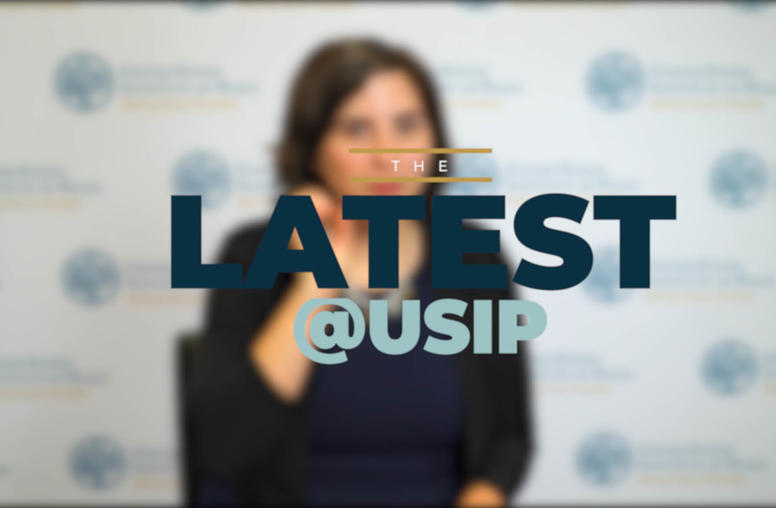
The Latest @ USIP: Promoting Women, Peace and Security
The Women, Peace and Security (WPS) agenda promotes women’s equal and meaningful participation in peace processes, peacebuilding and security. The WPS agenda has significantly advanced since the 2000 passage of U.N. Security Council Resolution 1325. In 2011, the United States instituted a national action plan on WPS, making it a national policy priority. USIP recently hosted a consultation with the Department of Defense and civil society leaders on how to further boost the WPS agenda and the U.S. national action plan.
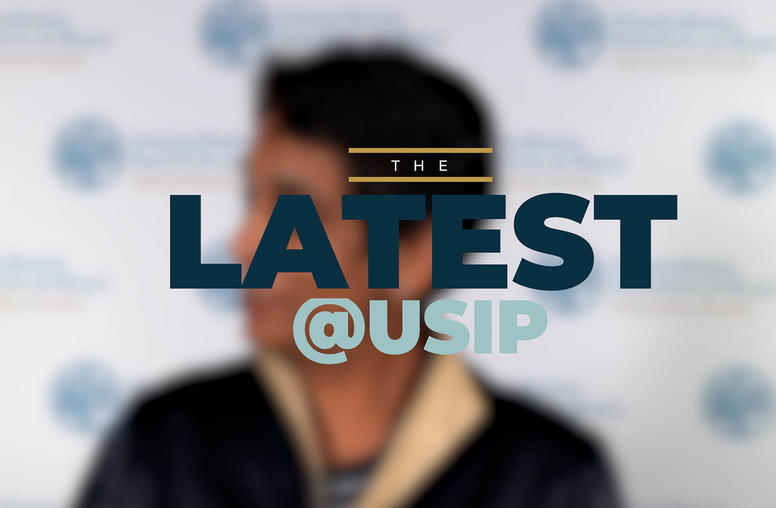
The Latest @ USIP: Global Shocks Are Setting Development Back — What Can Be Done?
Development efforts in the Asia-Pacific region have been severely hampered by global shocks — namely, the COVID-19 pandemic and climate-related catastrophes — in recent years. Indeed, in the region, human development gains have regressed to 2016 levels, which means it will be a major struggle for Asia-Pacific countries to reach the U.N.’s Sustainable Development Goals. Russia’s war on Ukraine has exacerbated these challenges. Kanni Wignaraja, assistant secretary-general at the U.N. and director of the U.N. Development Program’s regional bureau for Asia and the Pacific, discusses the impact of the compounding crises of COVID-19, climate shocks and the Ukraine conflict on development gains in the Asia-Pacific region; the long-term costs of delayed development; and creative, flexible approaches to addressing these challenges.
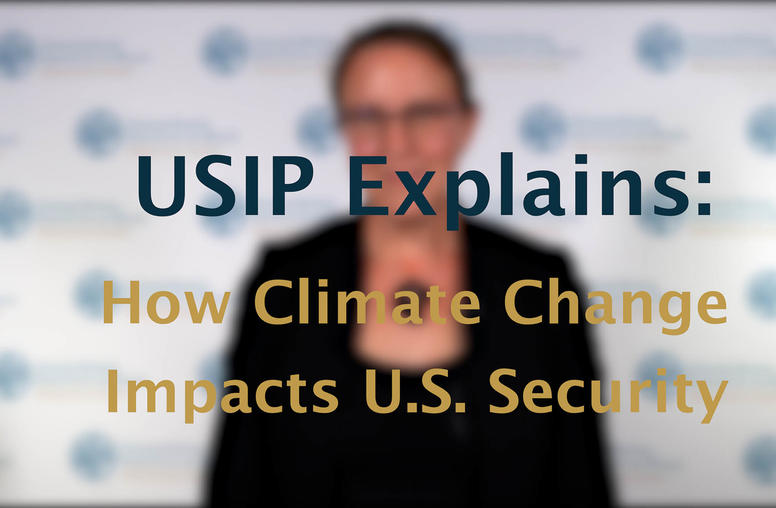
USIP Explains: How Climate Change Impacts U.S. Security
Last year, the U.S. government released a National Intelligence Estimate focused on explaining the risks climate change poses to America’s security over the next few decades. The report examined geopolitical tensions that are emerging over how countries partner to address climate change, how countries and communities can adapt to climate change and the ramifications of climate change on access to natural resources. USIP’s Tegan Blaine discusses the report and the relationship between climate, conflict and political instability.

The Latest @ USIP: How to Address Fragility in Papua New Guinea
There are many risks factors to stability in Papua New Guinea (PNG), requiring a holistic approach to addressing its fragility and building resilience. Exacerbating these risk factors is a deficit of trust between the state and its citizens. As the United States implements a new strategy to advance peace and security in PNG, it will be critical to repair the citizen-state relationship.
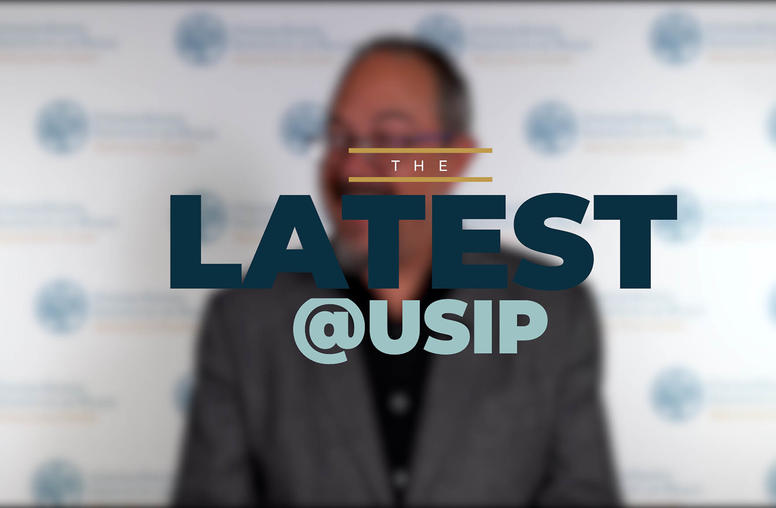
The Latest @USIP: A Look at Global Conflict Trends
The global conflict landscape is becoming increasingly complex — and deadly, with violent deaths on the rise. Meanwhile, Russia’s invasion of Ukraine has exposed longstanding weaknesses in the multilateral system and its ability to prevent and mitigate conflict. Gary Milante, a senior researcher at the Stockholm International Peace Research Institute, discusses what worries him most about current conflict trends, how great power competition factors into these trends and how donors can take a different approach to mitigating conflict.
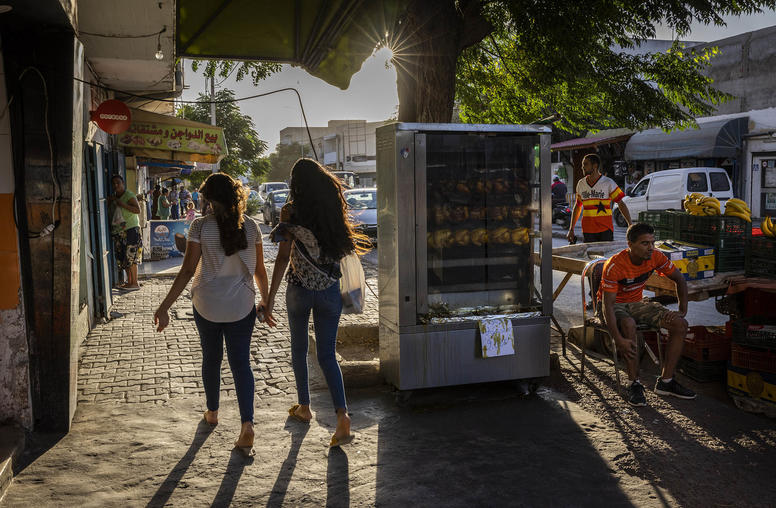
To Support Youth, Tunisia Needs a New Approach to Development
A decade after the Arab Spring, there are still high hopes for a long-promised “Tomorrowland” of opportunities in Tunisia. However, such a reality remains an enigma for so many of the country’s youth. As a young peacebuilder in Tunisia, I understand that the state has very limited resources. But even so, our leaders have not delivered the desired (or expected) developments that could support so many citizens — including youth, women and vulnerable communities.
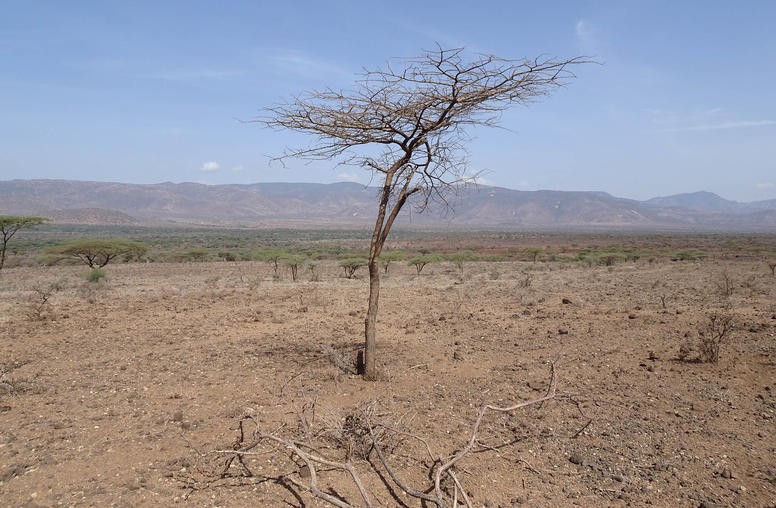
Kenya: As Drought Deepens Land Conflicts, Peacebuilders Respond
Amid lengthening droughts in a changing climate, millions of herders in northern Kenya are watching their traditional grazing lands dry and harden. As in pastoralist regions from Mongolia to the Sahel, Kenyan herders are now guiding their cattle, camels, sheep or goats longer distances in search of pasturage. The competition for scarcer grassland and water has triggered conflicts and bloodshed among herding communities. But at the grass roots of northern Kenyan society, activists are combining local knowledge and peacebuilding skills to create new ways for rival groups to cooperatively adapt to the changes from a degrading climate.

The Latest @ USIP: Iraq’s Immense Climate Challenges
Iraq is one of the most vulnerable countries in the world to climate change. Amid a protracted political crisis, sweltering temperatures, water scarcity and other climate-related challenges threaten the country’s stability and add to Iraqis’ grievances. Zena Ali Ahmad, the United Nations Development Program’s resident representative in Iraq, analyzes how climate change impacts Iraq and its stability and discusses solutions to address these impacts.
